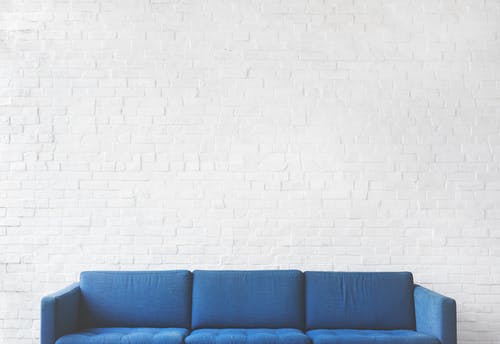
What Are the Causes, Symptoms, and Treatments of Mold Allergy?
Mold is a commonly occurring substance that contributes substantially to the decomposition of plant remains, such as leaves and wood. However, it might be unsafe for one’s health if it is allowed to develop inside your house. When mold spores are released, they are a significant source of indoor air pollution, triggering mold allergies in human beings.
What is a mold allergy?
Mold allergy is caused by breathing mold spores and tiny fungus spores. Because of their small size, these spores can get past the nose and upper respiratory system defenses, and ultimately, the lungs, before being diagnosed.
Causes
Only a few kinds of mold are figured out to cause allergies. Along with Alternaria, Cladosporium, Pseudomonas aeruginosa and Penicillium. Allergy symptoms can be triggered by direct exposure to mold and mildew spores. When this occurs, a particular antibody is developed by human bodies to combat the mold.
Symptoms
As with other upper respiratory allergies, mold and mildew allergy signs might be similar. Among the most typical signs and symptoms are:
- Inflammatory Rhinitis
- Sneezing.
- Runny Nose
- Nose Congestion
- Red, itchy, and watery eyes
- Breathing Problem
- Exhaustion
- Weakness
Inhalation of mold spores can trigger hay fever signs and bronchial asthma or allergic bronchopulmonary aspergillosis in the lungs. For that reason, you must hire a mold removal company to locate the breeding place of molds and prevent it from thriving back. You must get rid of the source of an allergy to avoid possible health issues.
Therapy
Nasal Mucosa Lavage
This is frequently used to relieve the discomfort caused by a runny nose. Congestion can be eased by washing the nose with salt water and doing this.
Mold Exposure Reduction
Mold allergy sufferers need to try this method first. Avoid cutting the grass, excavating in the yard, or picking up fallen leaves if you have a mold and mildew allergy. Make sure you use a dust mask if you must engage in any of these activities. You must leave the mould removal job to specialists. They can identify the possible areas where molds can thrive. You need to understand that some jobs are best dealt with by professionals.
Medication
Mold and mildew allergy signs and symptoms are handled with antihistamines, bronchodilators, and corticosteroids since there is no remedy for mold and mildew allergy. One of the most usual and most effective allergy medicines is corticosteroids, which aid in stopping and alleviating swelling. Antihistamines ease itching, sneezing, and runny nose by preventing the body’s immune system from releasing histamine during an allergic reaction.
Antihistamines are available over-the-counter. However, as most people say, prevention is much better than cure. Therefore, you must employ a mold removal company to prevent allergies due to mold and mildew. Your mold and mildew problems will be gone with their complete tools and knowledge polished by experience. You can go to this link for an immediate solution if you have mold issues.
Immunotherapy
To deal with some allergies, a series of allergy injections are provided. However, immunotherapy for mold allergies is only slightly effective.
Conclusion
Like other allergic reactions, allergies to mold spores can lead to minor pain up to serious ailment and death. Mold and mildew allergy symptoms can be alleviated with several treatments. Rather than concentrating on the allergy itself, the best strategy is to track down the source of the mold. After discovering the existence of mold and mildew, you might remove it and eliminate any mold allergy that might have resulted.



